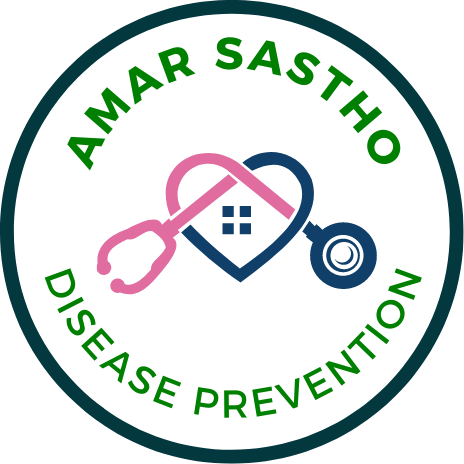Anxiety is your body’s natural response to stress. It’s a feeling of fear or nervousness about what’s to come. Anxiety disorders form a category of mental health diagnoses that lead to excessive nervousness, fear, apprehension, and worry. Anxiety is a normal and often healthy emotion. However, when a person regularly feels disproportionate levels of anxiety, it might become a medical disorder. In the case of an anxiety disorder, the feeling of terror may be with you all the time. It is intense and sometimes devastating.
Anxiety
- Feeling restless, wound-up, or on-edge
- Being easily fatigued
- Having difficulty concentrating; mind going blank
- Being irritable
- Having muscle tension
- Difficulty controlling feelings of worry
- Having sleep problems, such as difficulty falling or staying asleep, restlessness, or unsatisfying sleep.
- Heart palpitations, a pounding heartbeat, or an accelerated heartrate
- Sweating
- Trembling or shaking
- Sensations of shortness of breath, smothering, or choking
- Feelings of impending doom
- Feelings of being out of control
- May have an irrational or excessive worry about encountering the feared object or situation
- Take active steps to avoid the feared object or situation
- Experience immediate intense anxiety upon encountering the feared object or situation
- Endure unavoidable objects and situations with intense anxiety.
It is not clear, exactly what brings on anxiety disorders. Like other forms of mental illness, they shoot from a combination of things, including changes in your brain and environmental stress, and even your genes.
panic disorder: experiencing recurring panic attacks at unexpected times. A person with panic disorder may live in terror of the next panic attack.
phobia: extreme fear of a specific object, situation, or activity
social anxiety disorder: extreme fear of being judged by others in social circumstances.
separation anxiety disorder: fear of being away from home or loved ones.
illness anxiety disorder: anxiety about your health.
post-traumatic stress disorder (PTSD): anxiety following a traumatic event.
Anxiety has treatment and can be cured. It is common to combine medical treatments, medicines and lifestyle therapies. But we prefer prevention.
Stress and Trauma: We have to try to lead a stress free life. Taking too much of stress can push a person into mental illness.
Exercise: Exercise offers a range of health benefits including helping prevent mental illness. Both high-intensity and low-intensity exercise is beneficial in this respect. High-intensity exercise releases the feel-good chemicals, known as endorphins, into the body.
Meditation: Meditation can be helpful to reduce the anxiety disorder. Visualization
Adequate rest and Sleep: proper sleeping and sufficient physical and mental rest is also important.
Healthy diet: We must try to reduce the consumption of products that contain caffeine, such as coffee, tea, cola and sweet chocolate. We must not smoke and avoid drinking alcohol.
The brain needs the right mix of nutrients to function properly. For healthy mind we should start consuming unsaturated fats by cooking with olive and adding nuts and seeds to meals.
We must eat more whole grains, fruits, and vegetables, protein with tryptophan, found in fish, poultry, eggs, and spinach, oily fish containing omega-3 oils or taking omega-3 supplements at least twice a week. We must drink 6 to 8 glasses of water a day.
Regular Consumption of foods like Pomelo, Papaya, LICORICE/Yashtimadhu, Centella Asiatica/ Thankuni, Ashwagandha, basil leaf, Moringa leaf can help in the prevention of anxiety disorder.

